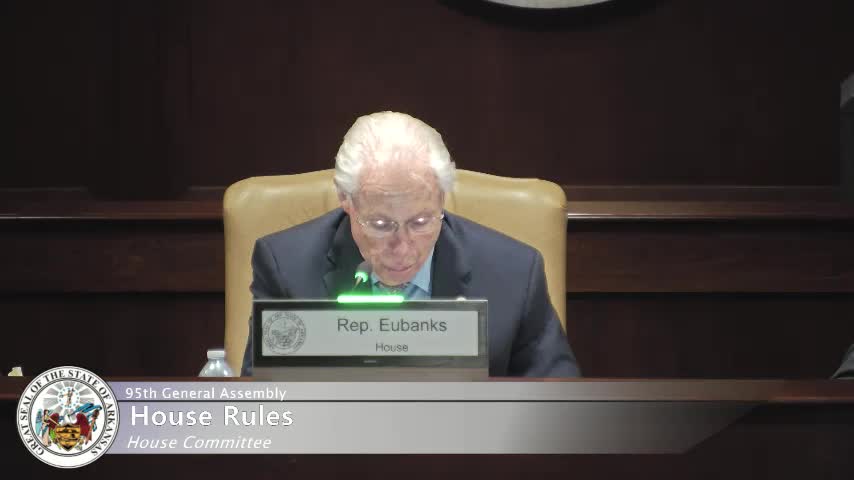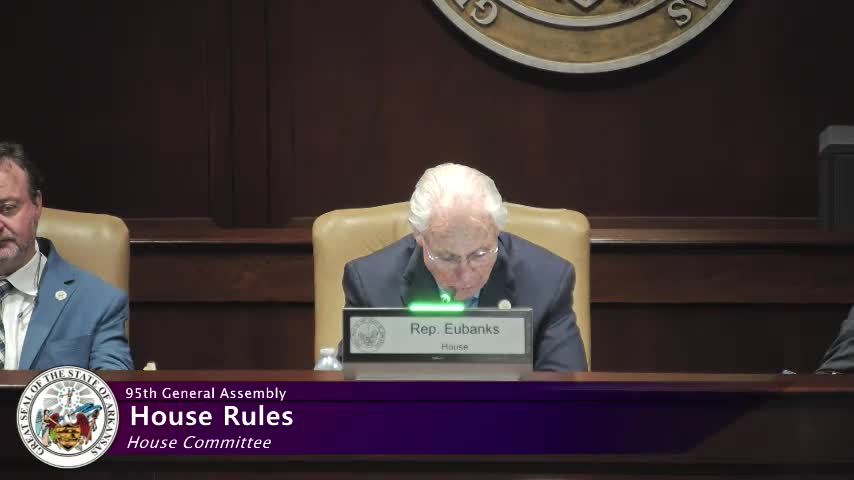Article not found
This article is no longer available. But don't worry—we've gathered other articles that discuss the same topic.

Committee approves narrow exemption to let certain private clubs buy directly from small breweries

Sponsor withdraws school vaping bill after lengthy debate over fines and parental liability

